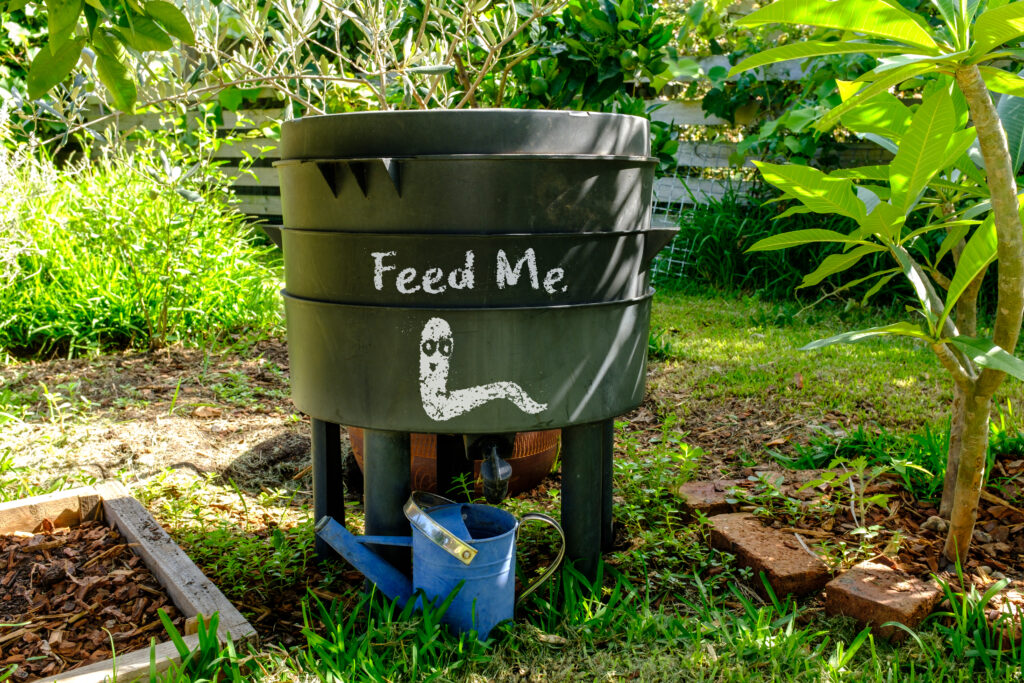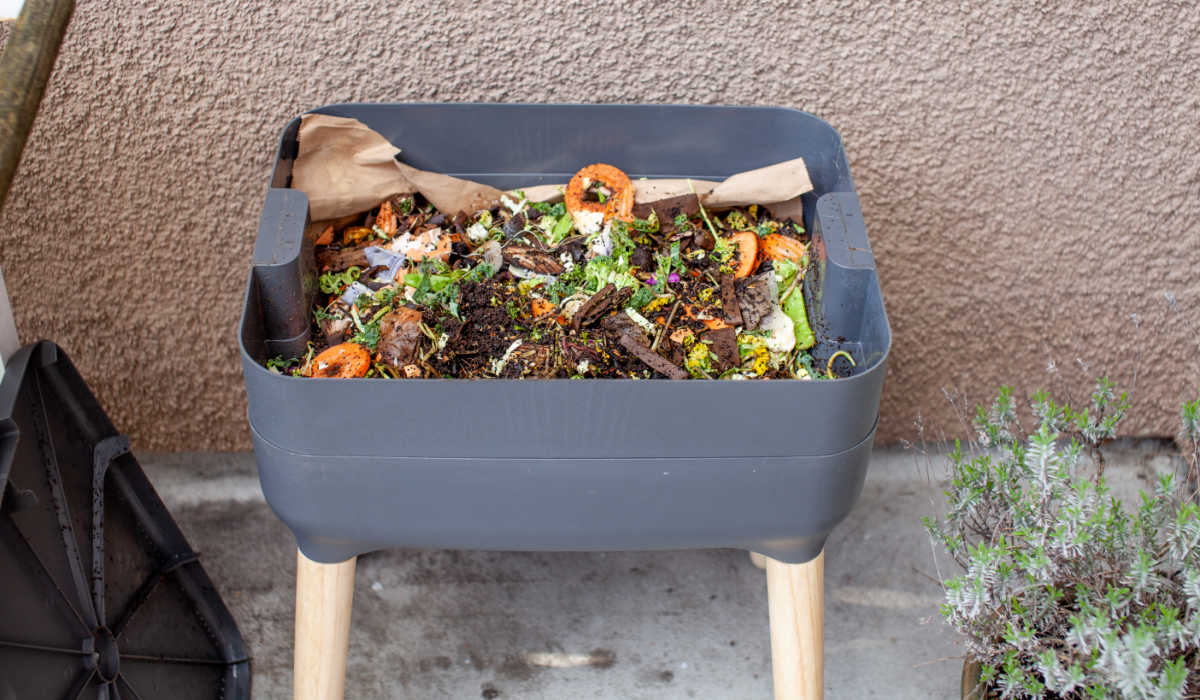As an Amazon Associate I earn from qualifying purchases.
Successful vermicomposting requires you to keep your worms healthy. Besides maintaining the right temperature in your bin, you also need to feed them the right foods. Paper, vegetables, and fruits are what most worm farmers recommend, but there seems to be a debate whether pineapples are good or bad for the wriggly creatures.
So, can worms have pineapple? Worms can have pineapples but in moderation. Pineapples have high acid levels, but they are not unhealthy or bad for your worms when used in small batches over some time. Fruits with high acidity are generally not suitable for worm bins because they can upset the PH level harming your worms, but there is a way around that.
If you have been on the fence about adding pineapples to your worm bin, this article will put your mind at ease. Several worm farmers have busted the myth that pineapples are bad for vermicomposting. Pineapple might be an acid fruit, but they also have sugar and other nutrients good for worms.
How to add Pineapple to Your Bin (Without Killing Them)
Stick to these six steps if you want to add pineapples to your worm bin without harming your worms.
1. Cut the Pineapple into Small Pieces
Worms are toothless, so they eat better and work faster when their food is in small pieces, soft and moist. Whether you are adding in the skin, leaves, or the meat of the pineapple, ensure you cut it into small pieces. This will also help more worms access the fruit while in the bin.
Remember that other bacteria in the compost bin will help break down the pineapple so it will all balance out.
2. Start by Adding Small Amounts
Now that you know pineapples are good for your worms does not mean you go adding a lump sum to your worm bin. Start with moderate amounts regardless of the size of your worm bin.
Throw in some pineapple peels in there, too, as they are low in acidity and water compared to pineapple flesh. Pineapple leaves take longer to decompose, so add one or two depending on the size of your worm bin.
3. Provide a Mixed Diet
Pineapples are not the only fruit that worms can eat. They also enjoy watermelons, pears, apples, apricots, etc. Also, remember that pineapples and many other fruits are high in acid, so mixing them with other foods low in acidity makes sense to balance the PH.
Foods low in acidity and work well with pineapple in the worm bin include; lettuce, carrots, potato peels, and cabbage. You can also add some fall leaves or straw to absorb moisture keeping your worms happy and healthy.
4. Sprinkle Some Garden Lime Once in a While
Garden lime is essential if you plan on feeding your worms pineapples on the regular. This rock powder will help neutralize the PH in the worm bin when acid levels are too high. Signs of high acid levels could be a smelly worm bin or ants and vinegar flies. Add small amounts of lime regularly, especially if you plan on feeding your worms pineapples often.
5. Cover the Pineapple with Brown Material
Brown material like paper, cardboard, straw, fall leaves, or tree bark will help absorb extra moisture and acidity in the worm bin. It will also keep flies and ants at bay.
6. Give it Time
Did you know that the fresher the pineapple, the more acidic it is?
The best type of pineapple to feed your worms is one that is overripe and not good for human consumption. An overripe pineapple is less acidic, meaning it will not be as harmful to your worms as a fresh one.
If you insist on adding fresh pineapple, experts recommend that you run it through water first and add it in small doses. Feeding your worms canned pineapples is also an option without the liquid. The liquid in canned pineapples can have too much sugar, which will attract flies and other insects to your worm bin.
Although canned pineapples are already cut into pieces, do not hesitate to cut them into smaller pieces before feeding your worms.
Benefits of Feeding Your Worms Pineapples
Most farmers will testify that pineapples are an excellent source of organic fertilizer. This is because they are packed with nutrients such as vitamins, zinc, phosphorous, and calcium. Your worms will consume these nutrients, which will later be transferred to your soil through the compost.
Vitamins provide plants with anti-oxidants, while zinc helps activate enzymes necessary for processing plant proteins. Phosphorous and calcium help in the plants’ general growth, strength, and health.
According to research, pineapples also encourage the presence of good bacteria, fungi, and actinomycetes. Your worms will feed on some of these bacteria, but it will eventually result in compost gold.
Are There Fruits that Worms Cannot Eat?

Worms can eat all types of fruit, from peels to flesh to roots. However, most vermicomposters are advised to avoid feeding their worms citrus fruits. Citrus fruits are fruits high in acidity like oranges, lemons, lime, pineapples, grapefruits, etc.
All fruits are high in nutrients, and your worms can benefit from this. Remember, the goal is to have good compost to add to your soil. Vermicomposters who have added pineapples to their worm bin testify that the fruit is safe and the worms enjoy it.
Another thing about fruits is that most of them are juicy or watery. Balancing the moisture in your compost bin is crucial to your worm’s survival. Therefore, you do not want to add fruits like watermelons, tomatoes, or pineapples in excess.
If your warm bin is adequately moist, it is best to exercise caution when adding wet fruit. Adding too much will lead to escapee worms or a shorter lifespan for your wriggly friends. However, there are ways to mitigate this if you find excess moisture from fruits in your worm bin.
You can layer your fruits or cover them with bedding such as shredded paper, cardboard, coffee grounds, crushed eggshells, fall leaves, or straw. These bedding materials will help absorb the moisture in your worm bin, ensuring your worms and comfortable and safe.

